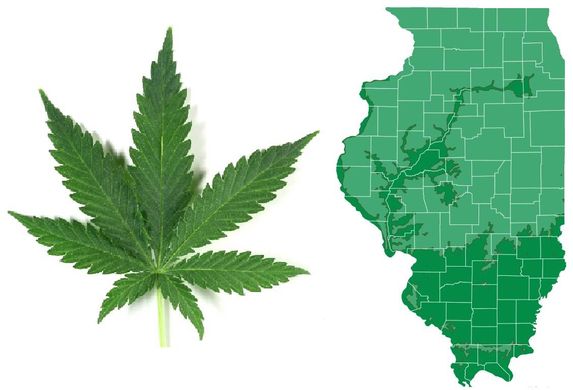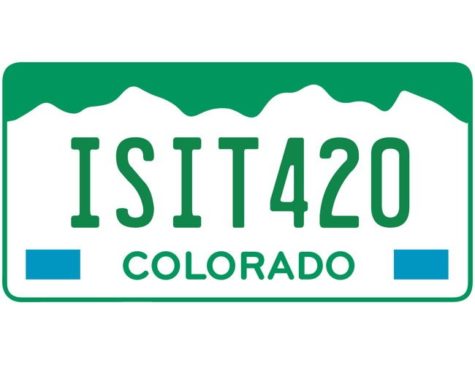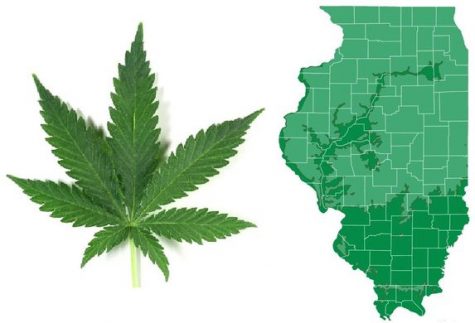Recreational cannabis sales in Michigan surpass $3 million within initial two weeks of launch

The novelty didn’t wear off for recreational cannabis consumers in Michigan during the second week of sales. According to recent data from the state Marijuana Regulatory Agency, sales pulled in by licensed cannabis vendors in Michigan reached $3.1 million among all legitimate selling locations.
Figures for the first week of legal recreational cannabis sales in Michigan – from December 1-8 – hit $1.6 million. During the following week – from Dec. 9-15 – purchases at five licensed stores raked in $1.4 million.
By December 17, a total of 16 retail licenses had been issued amongst successful applicants scattered around the state. This is more than Marijuana Regulatory Agency Director Andrew Brisbo’s initial projections for this year. Not all of the licensed businesses are actively selling legal weed in Michigan yet.
Taxes gleaned from legal recreational cannabis sales in Michigan have also done the state pretty well. A total of $515,051 was generated in taxes for the first two weeks; six percent sales tax and 10 percent excise tax.
The first $20 million in tax revenue earned during the first two years of recreational sales will be used to fund medical cannabis research. Anything exceeding this amount will be distributed in the following ways:
- 15 percent to cities, townships or villages that have permitted recreational businesses
- 15 percent to counties that have permitted recreational businesses
- 35 percent to roads and infrastructure
- 35 percent to public schools
Almost 1,400 of the 1,773 cities, townships and villages in Michigan do not permit recreational cannabis businesses. Nonetheless, state budget officials feel confident that the industry will yield $1.5 billion on an annual basis by late 2021.
Transferring of medical-grown cannabis to Michigan’s recreational cannabis market triggering supply shortage
Up until December 6, 2021, as per the terms of the 2018 voter-approved recreational cannabis law, only businesses that are currently licensed to sell medicinal-grade weed will be able to apply for an adult-use license.
As soon as recreational sales launched on December 1, 2019, cannabis that had previously been cultivated and licensed under the state’s medical cannabis program could instantly be transferred to the adult-use market in Michigan. However, those products must have been featured in a dispensary’s inventory for 30 days or more prior to their transfer.
Following the Marijuana Regulatory Agency’s announcement of this rule, cannabis industry experts began voicing their concerns of a potential pot shortage surfacing.
“We have such a shortage of product right now – our state is already at risk of running out of cannabis completely due to the early rec sales,” said Executive Director of the Michigan Cannabis Industry Association Robin Schneider. “We might be sending patients back to the illicit market before this is over.”
He says that, if stock wasn’t bulked up by vendors before the December 1 transferring of medical cannabis products to the recreational market in Michigan, stock could very well be depleted and consumer demand wouldn’t be met.
Three companies possess all of the licenses to grow cannabis in Michigan
At the current time, just three cannabis cultivation facilities in Michigan are actively growing the plant for legal sale. Each of the 10 class C grower licenses on offer – each of which entitles the holder to grow a maximum of 1,500 plants – were distributed among the following companies:
- Exclusive Brands – This company operates a retail cannabis store in Ann Arbor and it receives one license; allowing for a maximum of 1,500 plants.
- Lume Cannabis Co. – Cannabis will be cultivated by Lit Provisioning Centers in Evart, which is owned by Lume. Four licenses were bestowed upon Lume; allowing for a maximum of 6,000 plants.
- Green Peak Innovations – Skymint in Ann Arbor is owned by Green Peak. Five licenses were awarded to this company; allowing for a maximum of 7,500 plants.
According to information released by the state, three processing businesses are legally allowed to transform harvested plants into retail products – Arbors Wellness, Exclusive Brands and Green Peak Innovations. Moreover, one testing lab has received licensing, in addition to an event coordinator and three recreational cannabis transportation companies.











